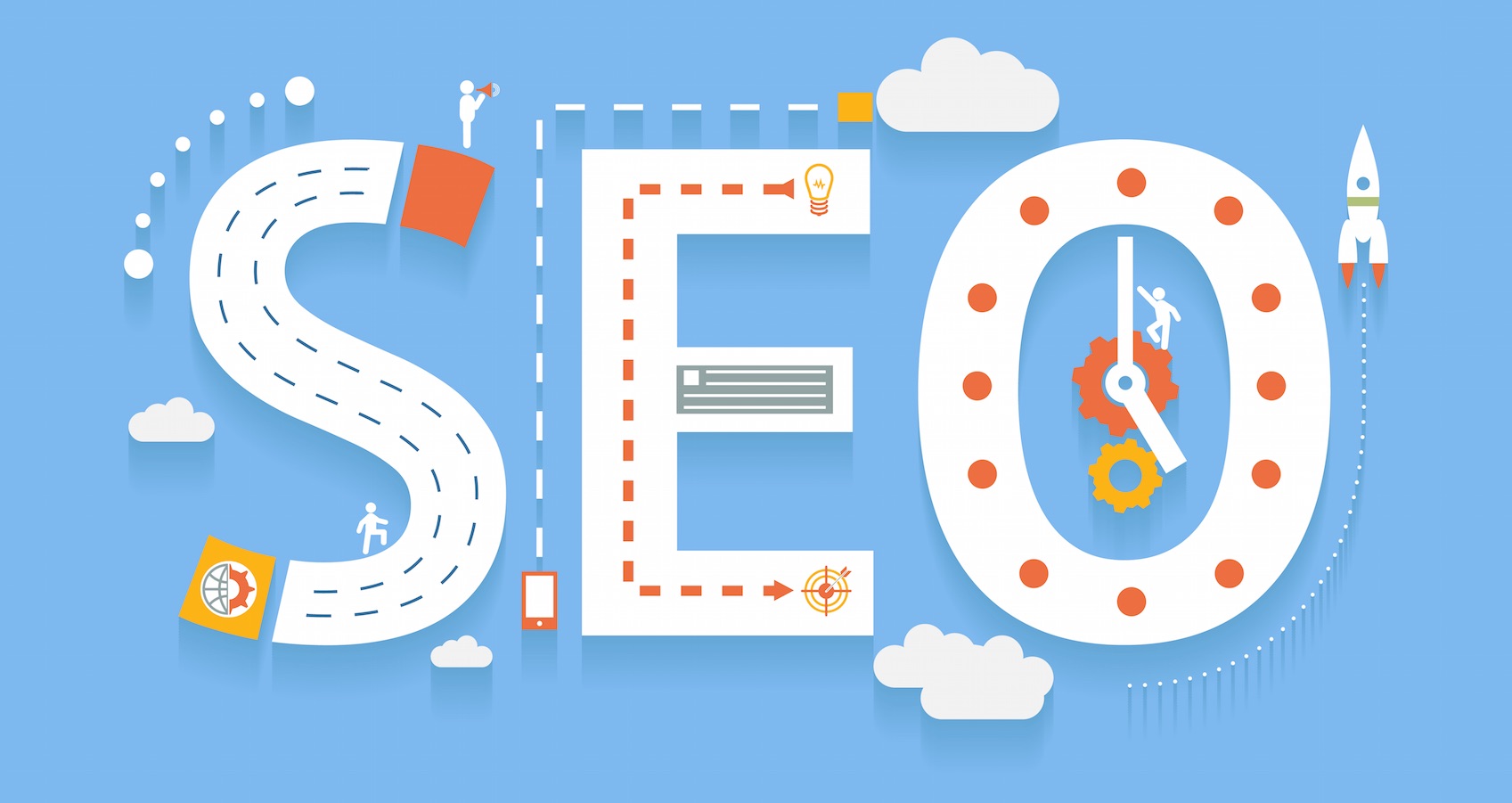No products in the cart.
What is SEO?
You might know that RPA stands for robotic process automation, but that doesn’t necessarily explain what it is. Similarly, let’s break down SEO.
Search Engine Optimization (SEO) is the practice of improving your website’s visibility in search engine results pages (SERPs) to attract more organic traffic.
Formal Definition: Search engine optimization (SEO) involves a series of technical and content strategies designed to align a webpage with a search engine’s ranking algorithm. This ensures the page can be easily found, crawled, indexed, and displayed in search engine results pages (SERPs) for relevant queries.
Simpler Definition: SEO is about enhancing your website’s structure and content so that search engines can easily find and display your pages to people searching for what you offer.
Simplest Definition: SEO is the practice of improving your site to rank higher on Google and attract more visitors.
While Google is the dominant search engine, holding about 92% of the market share, there are others like Bing and even social platforms like Instagram that function as search engines. For the purposes of this explanation, “Google” and “search engine” are used interchangeably.
By implementing effective SEO strategies, you can increase your website’s rankings, drive qualified leads, and boost your online presence.
Understanding SEO Basics
- Search Engines: Understand how search engines like Google work and the factors they consider when ranking websites.
- Keywords: Research relevant keywords that your target audience is searching for.
- On-Page Optimization: Optimizing your website’s content, titles, meta descriptions, and structure for search engines.
- Off-Page Optimization: Building high-quality backlinks from other reputable websites.
- Technical SEO: Ensuring your website is technically sound and easy for search engines to crawl and index.
Key SEO Strategies
- Keyword Research: Identify relevant keywords that your target audience is using.
- On-Page Optimization: Optimize your website’s content, titles, meta descriptions, and headers with relevant keywords.
- Content Creation: Create high-quality, informative, and engaging content that addresses your target audience’s needs.
- Link Building: Acquire backlinks from reputable websites to improve your website’s authority.
- Technical SEO: Ensure your website is mobile-friendly, has fast loading times, and is free of technical errors.
- Local SEO: Optimize your website for local search if you serve a specific geographic area.
How Does SEO Work?
How does Google decide which pages to show in the search engine results page (SERP) for a given query? And how does this drive traffic to your website? Let’s break it down.
Google’s search crawlers are constantly scanning the web, collecting, categorizing, and storing billions of web pages in its index. When you search for something, Google pulls results from this index, not directly from the web.
Google uses a complex algorithm to rank these results based on various criteria (ranking factors), such as the quality of the content, its relevance to the search query, the authority of the website, and more.
Additionally, how users interact with the search results provides feedback to Google about how well each page meets their needs, which is also factored into the algorithm.
Why is SEO Important?
People are constantly searching for various topics, some directly related to your business and others more loosely connected. Each search is an opportunity to engage with potential customers, address their queries, solve their problems, and establish your business as a trusted resource.
- Increased Website Traffic: Optimizing your site for search engines leads to more traffic, which boosts brand awareness.
- More Customers: By targeting keywords that your ideal customers are searching for, SEO helps attract more relevant traffic to your site.
- Enhanced Reputation: Higher rankings on Google enhance your business’s credibility. If Google trusts your site, people are more likely to trust it too.
- Higher ROI: Investing in your website and marketing campaigns pays off when your site performs well, maximizing the return on your investment.
- Improved Brand Visibility: Enhance your brand’s online presence and credibility.
- Enhanced User Experience: Create a website that is easy to navigate and provides valuable content.
Whether your goal is to increase brand awareness, online visibility, leads, sales, or customer loyalty, SEO is the key.
SEO is an ongoing process that requires consistent effort. Regularly monitor your website’s performance, track key metrics, and make necessary adjustments to your SEO strategy.
Crowdol’s SEO Expertise
At Crowdol, we offer comprehensive SEO services to help you achieve your online goals. Our team of experts can conduct a thorough SEO audit, identify areas for improvement, and implement effective strategies to boost your website’s rankings.
Contact us today to learn more about how Crowdol can help you dominate the digital landscape.


